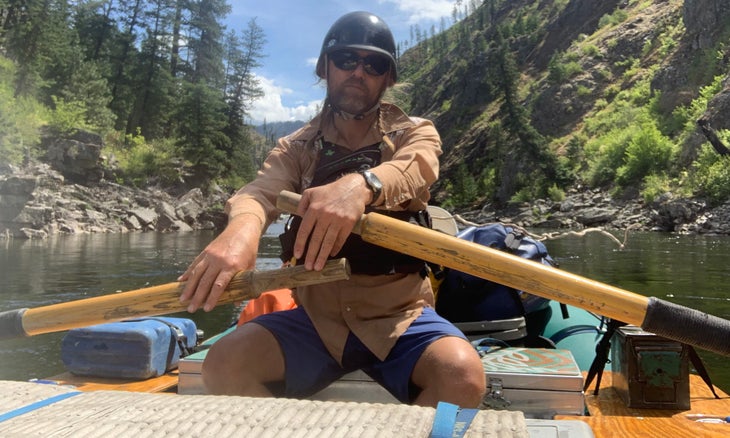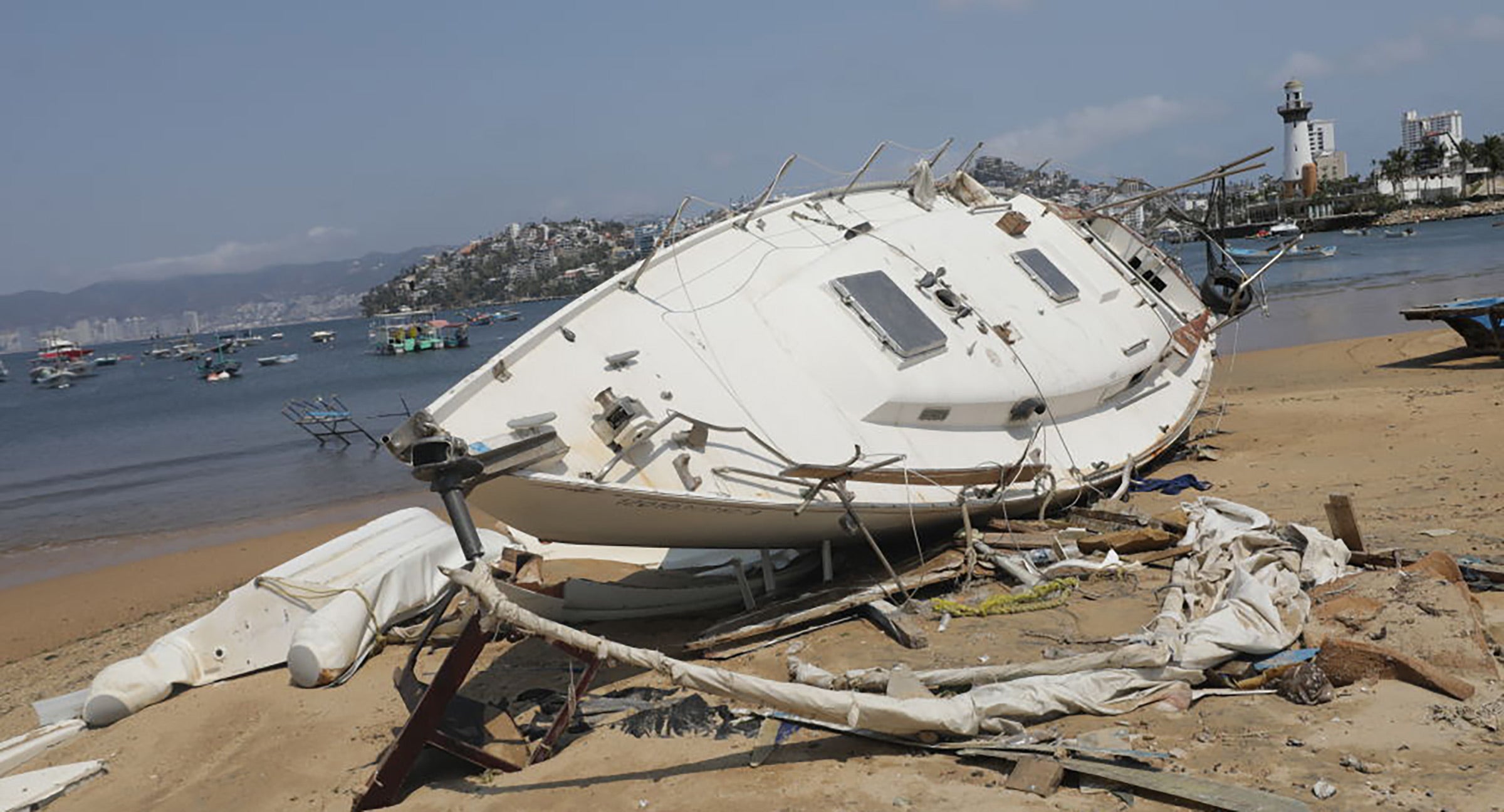Dear Sundog,
I listed an old sailboat for sale for $3,000, which happened to be the amount I’d put into it with a new engine and other repairs. No takers. I dropped the price but still nothing. Finally I slashed it to $1200, and got three buyers immediately. One guy said he’d buy it sight unseen. I was out of town when he came by and hauled it off on its trailer. Well, 19 miles later, the axle bearing shit the bed. The tire blew out, and the sparks of hot metal dragging on pavement started a small grass fire, which the guy was able to contain. The only way I know this is through a series of increasingly angry texts and photos. The buyer then paid $600 to a wrecker to haul the boat and trailer to his house. Now the buyer is texting me asking for some money back. I’d just hauled the boat and trailer a hundred miles the week before, and did not know that it had any problem. I still think the buyer got a good deal. Am I obliged to refund any of his money? — Seller B. Wary
Dear Seller,
We all know how much new equipment costs: boats, trailers, ropes or skis. It’s prohibitive! How can a semi-unemployed vagabond make it in the outback today when it costs tens of thousands for the basic outfit? We do what your buyer did, and cruise the bargain basements for steals too good to be true. But here’s the thing. It usually is too good to be true. The raft has slow leaks. The truck chassis is rusting. The thing broke in two but was repaired in the garage and will probably, almost certainly, perform good as new.
During the pandemic, a peculiar inversion occurred. When factories and shipyards shuttered, new equipment was expensive or even impossible to purchase. As a result, owners of used boats, trailers and trucks could unload their junk for nearly as much as they’d paid a decade earlier. This bubble persisted for a couple of years, and even now you’ll find ambitious sellers asking retail prices for cracked, dented, leaking, rusty gear. It would appear that you, Seller B. Wary, did not fall into this category, and quickly adjusted the price of your old boat to what the market would pay.
To be sure it’s a bummer for the buyer. Blown tires, a day wasted, expensive repair, and a wildfire to boot: What a mess! These things happen to those of us foolish enough to haul trailers filled with gear around the hinterlands. Sundog himself once toppled a trailer full of kayaks on a dirt road in Baja California some two hours from the nearest town or auto garage. In this case he left the trailer, drove to a garage, and hired a mechanic to come back with him and fix the thing where it sat. The Mexican mechanic brought a chain and a block of wood and a small tool kit. Upon getting the trailer to run, he looked with satisfaction at his two hands and pronounced, “Puro mano.” (pure hands).
Nonetheless, by the basic premise of the familiar slogan “buyer beware,” his problems are not your responsibility—I’d add that your responsibility decreases in direct proportion to the sales price.
Sundog also learned the same lesson the hard way. His first car ever purchased was a 1969 Plymouth Fury that was already 22 years old when Sundog bought it from a trollish hippie named Bobby for $500. Having driven approximately half a mile from the point of purchase, Sundog was dismayed when he heard a loud clank followed by a thunderous roar from the V8. The exhaust line had snapped, and the muffler dragged on the asphalt.
I was pulled over by two separate cops on the short drive home, and issued a fix-it ticket. This being California, registering the Fury would have required a new exhaust system, a smog check, and God knows what else. I didn’t know how to do the work myself. I was going to have to pay hundreds—thousands, maybe—far in excess of what I’d paid for the Fury just to get the thing street legal. When I took this news to Bobby and asked for some refund, he remarked memorably if not justly: “Hey man, you can’t squeeze water from a rock!”
Sundog received little sympathy. When I told people I’d paid $500 for a 22 year old car that turned out to be a lemon, they said (I’m paraphrasing here): “Well, duh.”
I’d imagined myself the kind of guy who could fix a car, or if not that, the kind who’d run the risk of driving around an explosively loud unregistered beast. I was neither. I ended up paying a wrecker a hundred bucks to tow the thing to a junkyard. After that, I bought better cars. Lesson learned.
You’re not obliged to refund his money, nor to pay the $600 for the tow. The buyer could have made other choices: repaired it on the side of the road. Had he towed it back the 19 miles to your house and asked for a refund, you’d have more of an obligation to take it back. If you’re going to buy decades-old gear at rock bottom prices, then you should be the type of person who knows how to repair it. Inversely, if you can’t repair equipment yourself, you should buy new or at least newer gear, with the warranties and peace of mind that comes with it. It would appear that your buyer wanted the best of both worlds: dirtbag prices with dealer assurances. It didn’t work out that way.
Indeed, your buyer got a deal that was too good to be true.

Mark Sundeen teaches environmental writing at the University of Montana. Got a question or a response? Email sundogsalmanac@hotmail.com


